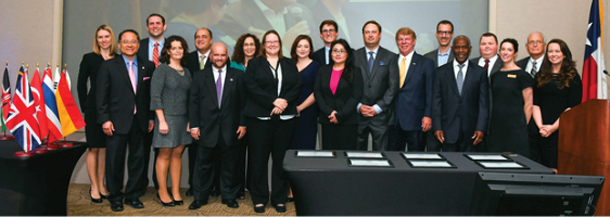
Global Tribe
We were pleased to recently host three extraordinary top executives speaking about opportunities and challenges with product exporting. The process includes complications in compliance, ethics, communications, insurance, currency, intellectual property rights and competitive pricing. We discussed common pitfalls of new exporters and how to deal with those issues that are often unforeseen. Join Global Chamber® to have access to the full discussion.
Research is key before taking any products abroad. This includes not only understanding compliance laws, tariffs and other restrictions, but also packaging procedures and whether your product works in other countries. For Melinda Trego, co-founder and COO of Eyetech Digital Systems, after making sure her company’s technology met a country’s legal standards, she realized another issue — the product was not working the same way because that country’s usual electrical power differed from that of the United States. Also, details in product design and packaging are important to note as, anecdotally, a product functional in Arizona’s dry climate could have corrosive components in a humid climate.
In addition, finding the right business partners is one of the most important steps. A business partner who is local to the market region that you are trying to target, who can be trusted to take care of some components of sales and marketing where you might lack the expertise, can significantly boost your prospects abroad. Additionally, also familiarize yourself with all the local compliance laws, and it was advised to stick to your business’s core policies across all borders. Lynn James Meyer, CEO of Biosafe, noted that there will be times when your business partner may say something along the lines of, “Well this practice is how everyone else does this, and this is how we’ve always done this, so it’s okay.” That doesn’t mean it’s right for you. Make sure to stand ground and not let that change your own ethical values.
When taking your products abroad, there is a “black hole” period when control over handling the shipped product is shifting, and local officials take over to perform security and compliance checks. That’s when regional transportation services take over delivery of the products. From exporting shampoo to optical technology to rugs, getting your products insured during this entire exporting process is most important. There are risks at every step of the way.
Barbara Barran, founder and CEO of Classic Rug Collection, shared how product was lost on one of her first shipments abroad, but, fortunately, she had insured it and only incurred 10 percent of the loss. When you place full trust on any of the distributors, transportation services, business partners and local officials, you set yourself up for high-stakes financial loss regardless of how unlikely it may seem at first glance.
Resources are also available for consultation on credit checks of distributors, compliance laws and product viability by country, so take advantage of them. It might seem like figuring everything out yourself is realistic, but there’s a lot to consider — and outsourcing some of the components is recommended. In addition to research on your own, expert consultation that can help you understand the market and network is equally important. Consultation is especially helpful for international compliance, intellectual property, freight forwarding, banking, insurance and distributor reliability, which are all areas to be considered when exporting products. In addition, if the product requires intellectual property protection, be especially sensitive to all legal contracts and make sure everything you’ll need is included in the contract. Get a great attorney on this. Global Chamber can help you get connected to the right people.
Resources can be found at Global Chamber and many of our local alliance organizations. Some countries have specific organizations aimed to help facilitate international business in those countries, examples including KOTRA, JETRO or MITA, which all typically collaborate with the Global Chamber. Your country’s EXIM Bank is a resource that exporters should take advantage of. They can even conduct credit checks on distributors.
Understanding your market also requires understanding each target country’s currency strength and enforcement of intellectual property laws. When making transactions, Classic Rug Collection’s Barran has only a few currencies she is willing to accept, and all others she requests to be paid in U.S. dollars. For Biosafe, protecting their intellectual property is an important and sensitive matter, so they conduct business only in countries where they are sure their patents will be honored. Treating every market the same way will almost certainly not be the best business practice, since every country has different laws, culture and preferences. It would be best to tailor your business practices and models so that varying demands are met in every country.
While your business changes across borders, your attitude should always remain the same — to treat every individual with respect and sincerity because, when you go abroad, you represent not only yourself and your business but you also act as an ambassador for your country. Conducting thorough research at every step of the process is most important, and that includes understanding laws, consumers, competitors and every individual involved in the process. It is especially helpful to know the right people, so don’t shy away from networking, especially regarding any international business.
Cesar Trabanco is VP of Business Services at Global Chamber®.









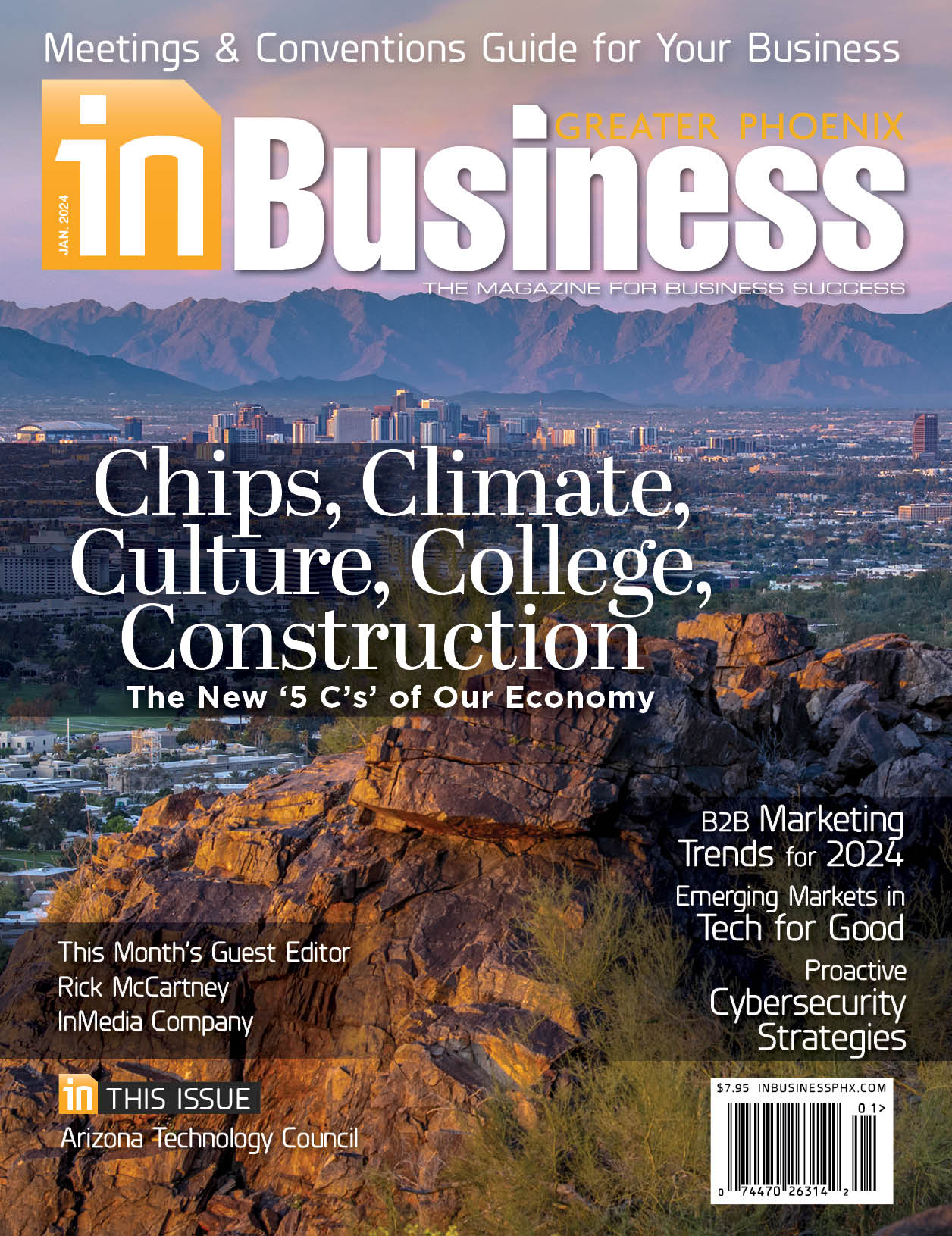
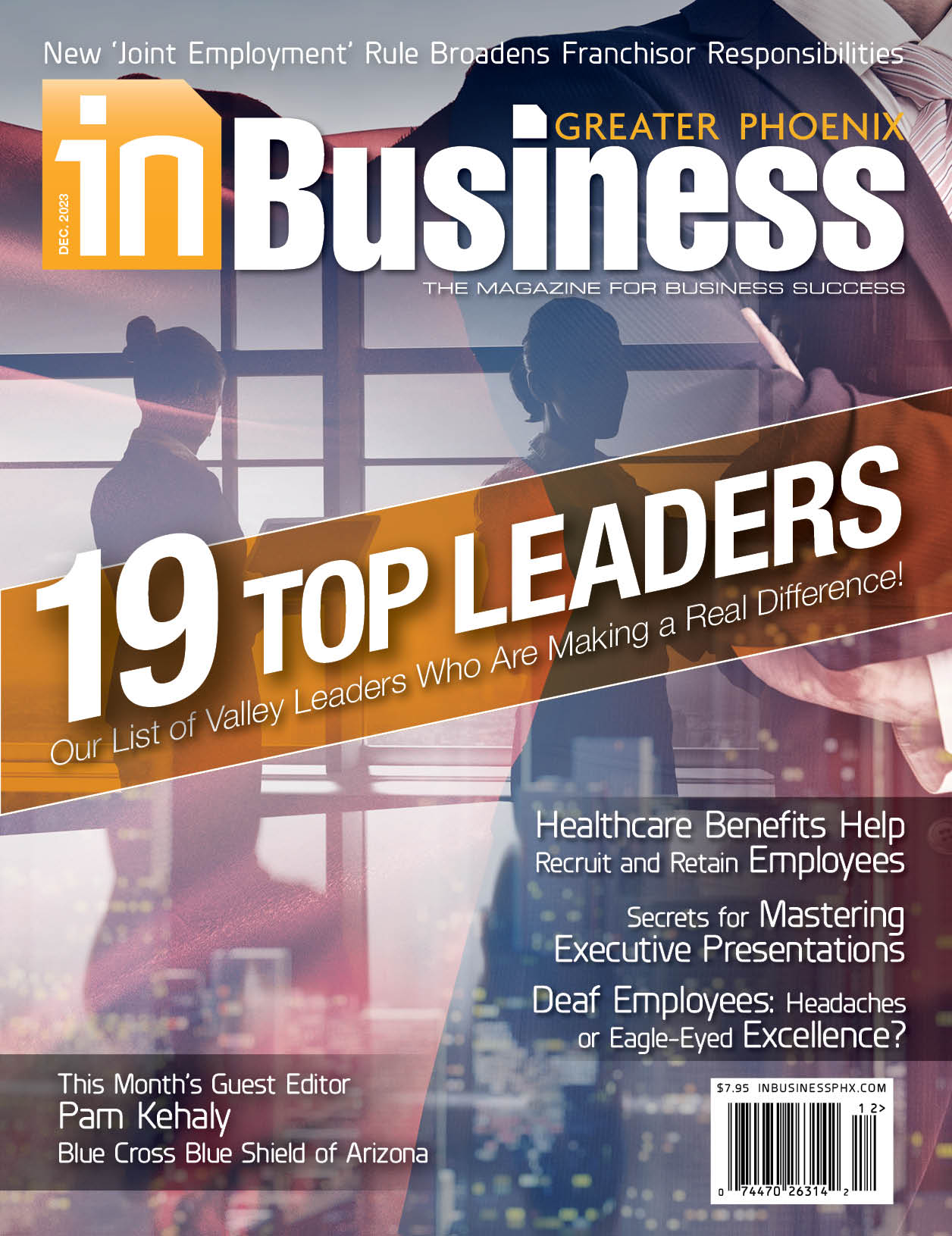
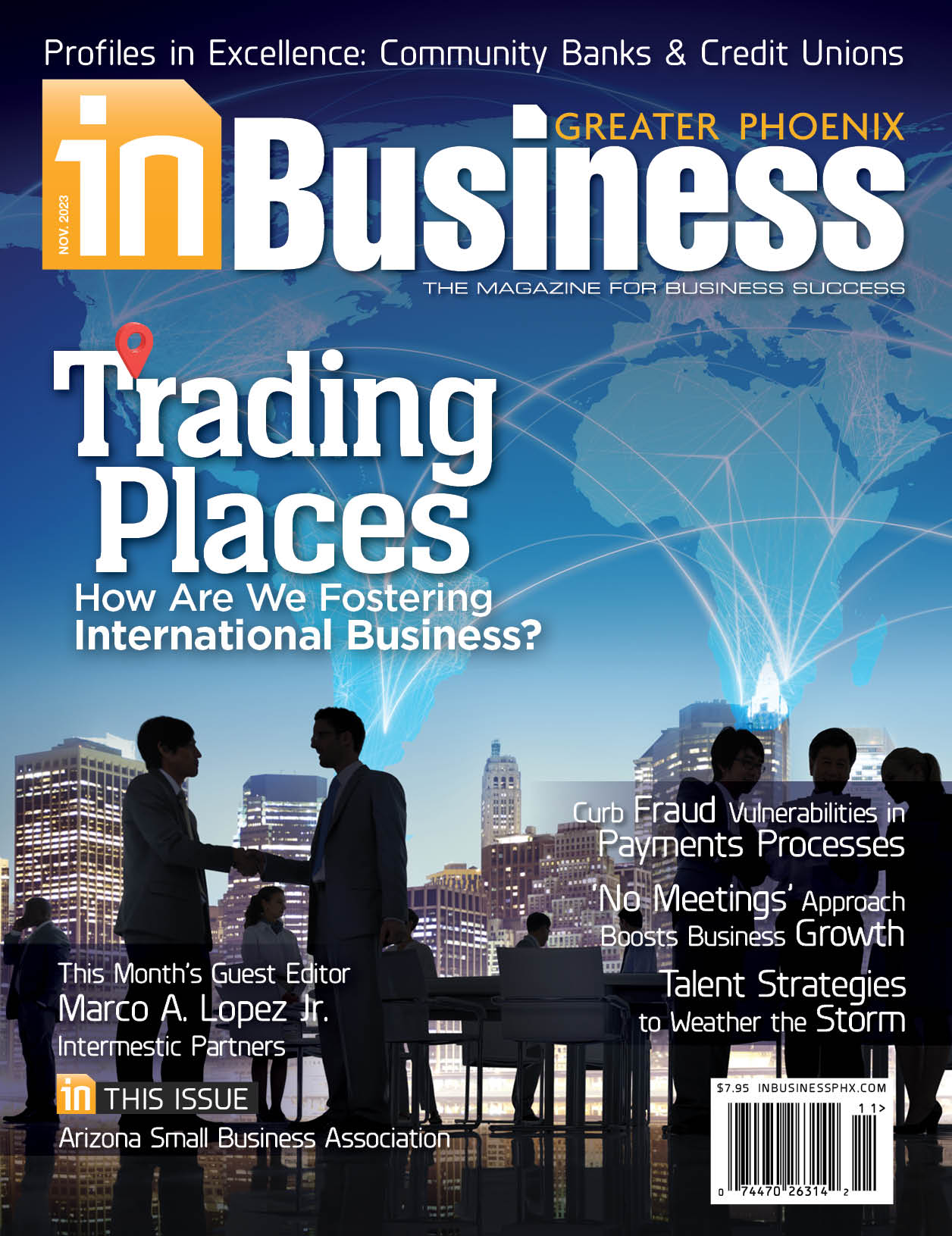
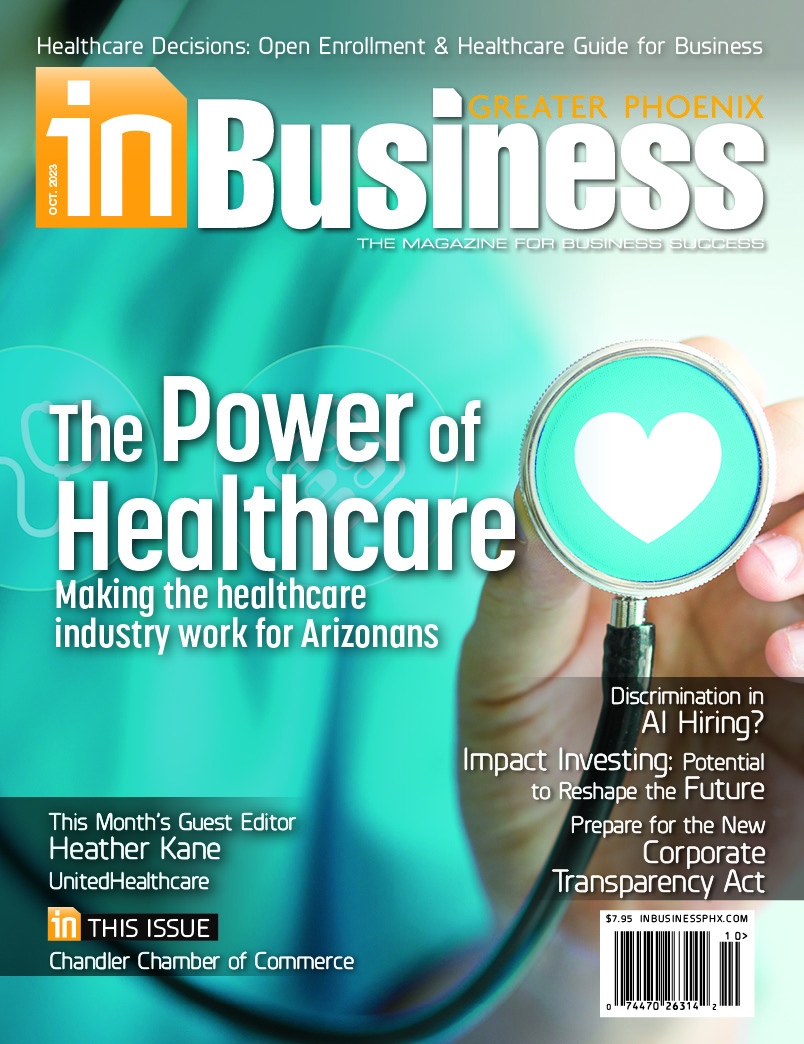
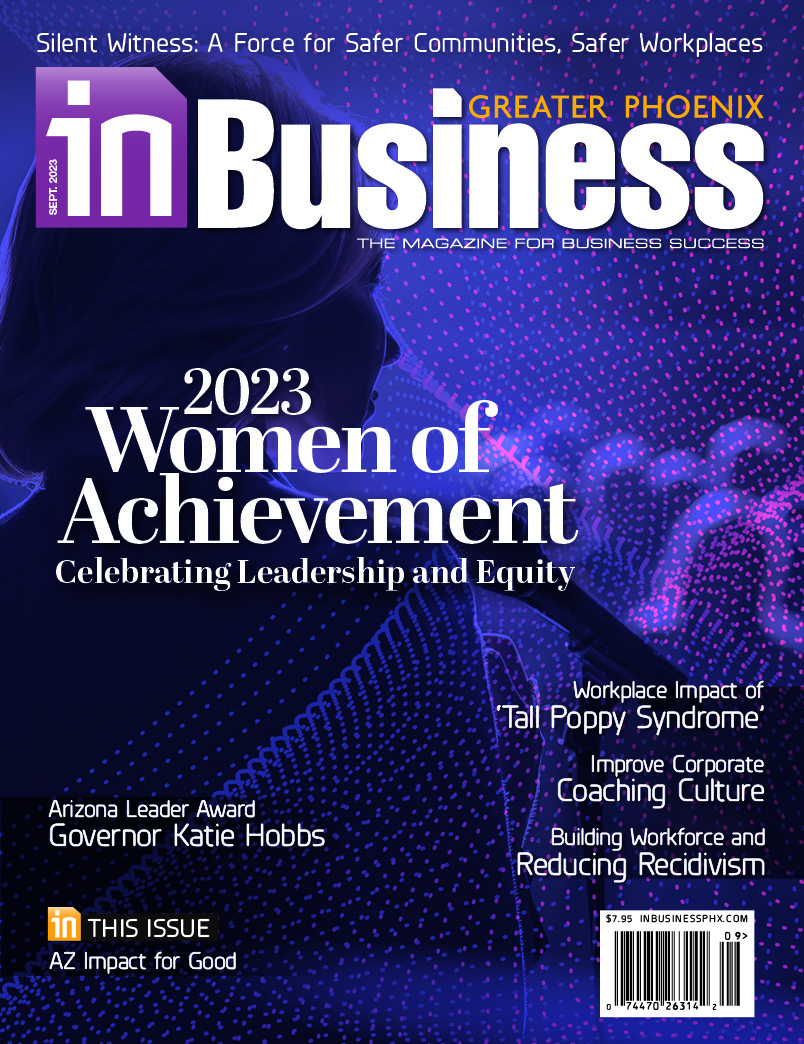

Speak Your Mind
You must be logged in to post a comment.